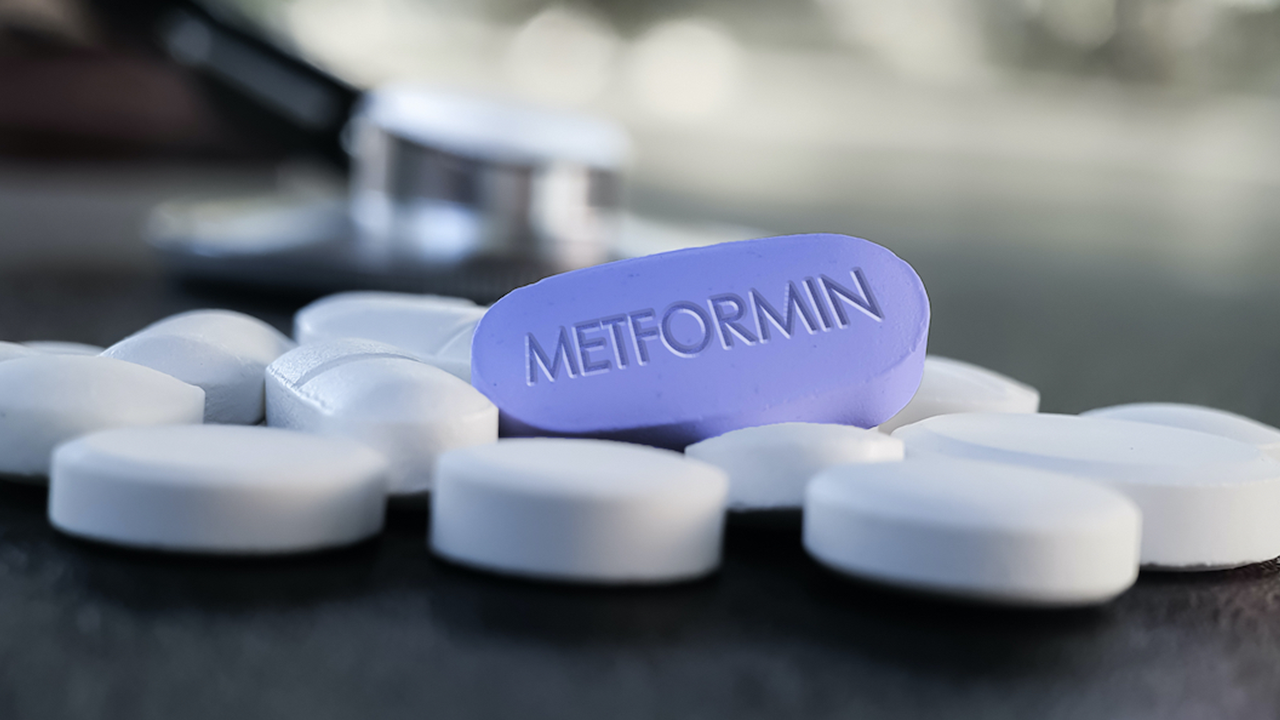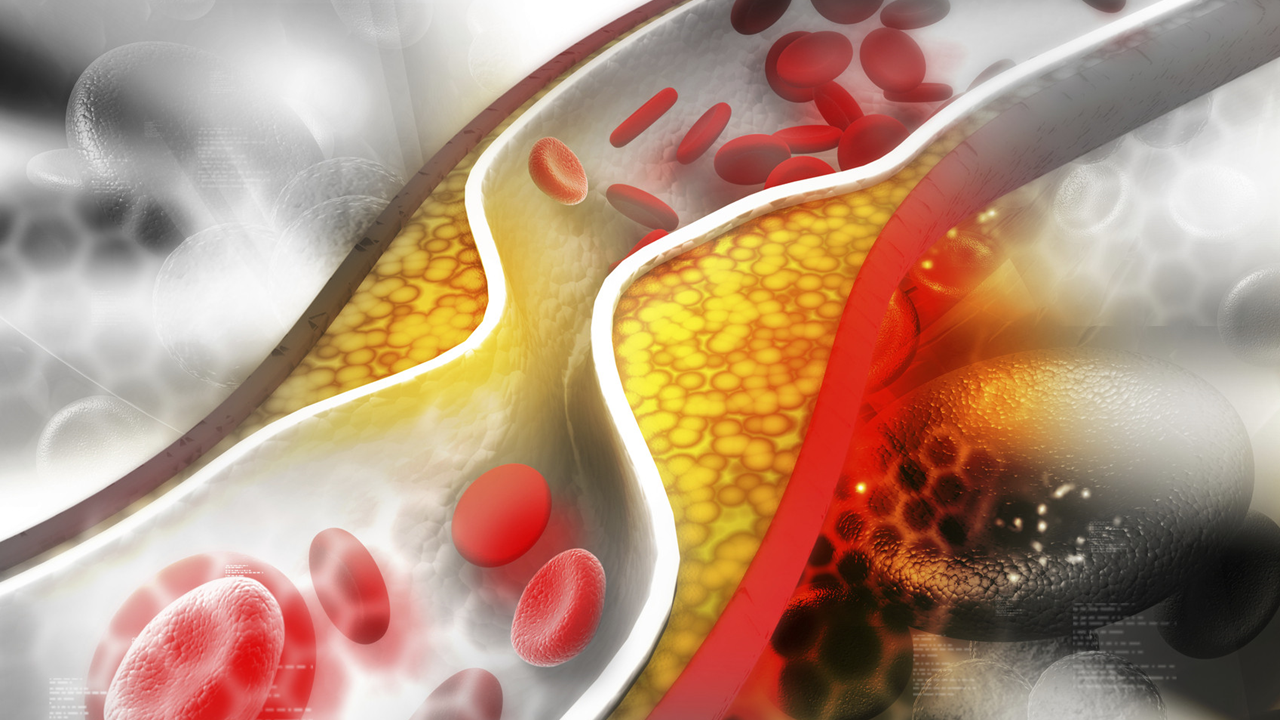Vitamin D Overdose: When Good Intentions Turn Toxic
Importance of Vitamin D for Health
Vitamin D is essential for calcium absorption and bone health. Studies have linked vitamin D deficiency not only to bone diseases but also to autoimmune disorders and anticancer effects in melanoma, colorectal cancer, and breast cancer. Due to these health benefits and widespread insufficiency, particularly in Spain, vitamin D prescriptions have surged, significantly increasing consumption.
Recent Warning from Spain’s Ministry of Health
However, weeks earlier, Spain’s Ministry of Health issued a warning against the rational use of vitamin D and the risks associated with its consumption without medical supervision. This alert follows an incident in the Balearic Islands, where 16 people were hospitalized for hypervitaminosis D after consuming a defective supplement, highlighting the risk for uncontrolled use.
Incident in the Balearic Islands
According to the Balearic Islands’ Food Safety Service, a regional agency overseeing food safety in Spain’s Balearic Islands, the first identified patients presented with abdominal pain, nausea, and vomiting. Clinical evaluation confirmed acute renal failure, hypercalcemia, and high serum vitamin D levels, prompting a public health investigation. Authorities reported that poisonings occurred in otherwise healthy individuals who had consumed multivitamin products purchased online without medical guidance or supervision.
Official Response to the Incident
Following these cases, the Spanish Agency for Food Safety and Nutrition (AESAN) issued an initial public health alert. Although the distribution of the defective batch was initially confined to the Balearic Islands, AESAN noted that it might have been redistributed elsewhere. This case highlights the dangers of vitamin D intake without supervision.
Previous Warnings and Increasing Cases
In 2019, the Spanish Agency of Medicines and Medical Devices warned that high-dose preparations could cause hypervitaminosis D after multiple cases were reported in adults and children through the Spanish Pharmacovigilance System. While vitamin D overconsumption can occur at any age, a recent study reported an increase in pediatric cases. Although these cases remain uncommon, reports have increased in recent years.
Health Authorities' Advice
To prevent complications, the Ministry of Health urged the public and health professionals to use vitamin D prudently, based on evidence. This includes requesting diagnostic tests and prescribing supplements only when clinically indicated. Authorities emphasized that supplementation should only be prescribed when clinically justified. Unsupervised use, particularly when exceeding recommended doses, may lead to adverse effects and is not recommended without specific medical indication.
Recommended Dosage and Supervision
According to the US National Academy of Medicine, the recommended daily dietary intake of vitamin D is intended to maintain serum 25-hydroxyvitamin D levels that support overall health. For most adults, levels of 20 ng/mL or higher are generally sufficient, whereas concentrations below 12 ng/mL indicate deficiency. For individuals with levels below this threshold, particularly older adults, long-term care residents, or those with chronic conditions such as osteoporosis, supplementation of 400-2000 IU daily may be appropriate after clinical evaluation.
Ensuring Safe Supplementation
Health authorities have emphasized that supplementation should be initiated and monitored by healthcare professionals to ensure safety and individualized dosing.
Source
Vitamin D Overdose: When Good Intentions Turn Toxic - Medscape - August 12, 2025.
Bài viết liên quan






